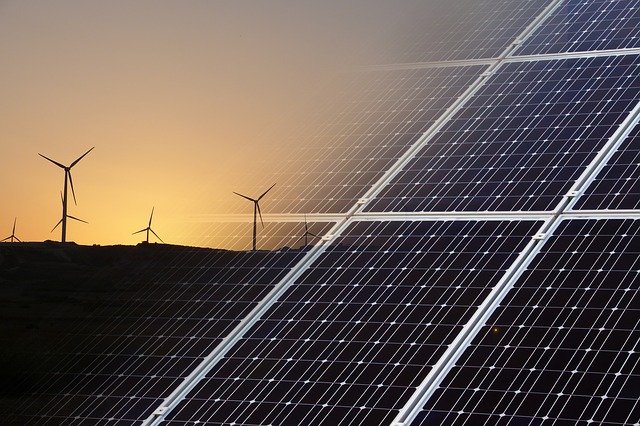Embracing the Future: Indian Business Makes Sustainability Matter
In August this year, former President Barak Obama fiercely criticised his successor’s decision to withdraw from the Paris Climate Accords: he predicted that the decision would inevitably consign the United States to “a small handful of nations that reject the future”. But happily, as in Nature itself, Global Geopolitics abhors a vacuum too and since President Trump announced his decision in August, other nations have been stepping up to the plate by embracing a more sustainable future. And foremost amongst them is India.
This isn’t just a reflection of new environmental policies from Prime Minister Modi’s Government, although there have been plenty of those as well.
According to the Carbon Disclosure Project (a not-for-profit charity that reports on global disclosure protocols for investors looking to manage their environmental impact), Indian businesses are already focusing much more on setting emission reduction strategies and renewable energy targets so as to bring them into line with the Paris Accords. The CDP published its report on 21 October and it shows that out of the 51 Indian companies sampled (43 of which are BSE top 200 companies), no less than 80% have responded to the India Climate Change programme by implementing one or more types of emissions reduction targets and initiatives during 2017.
And that’s not all: 40% of this same sample of leading Indian companies were already implementing strategic commitments to move to renewable energy sources and reduce consumption targets; with three of them (Infosys, Tata Motors and Dalmia Cement) committing to a move to 100% renewable supplies before 2022.
The CDP Report also identifies internal carbon pricing as a significant factor in this seemingly autonomous move within Indian Industry towards Paris compliant targets. Companies on the subcontinent are part of a wholesale trend in adopting internal pricing of carbon as a tool for managing climate risk and they have increased in number from just two in 2015 to eight in 2016 and up to fourteen this year. That is a startling increase of 700% over a three-year period. These companies include some of India’s brightest and best, so their business decisions are certainly not to be taken lightly.
And how is all that likely to reflect on the future Barak Obama was so keen for the World, and Donald Trump, to embrace?
Well, if what’s happening in India at the moment is to be taken as a global model (which it should be), with industry on the ground adhering to macroeconomic policy statements targeted on a greener planet, this will inevitably create a de-carbonization level that is sufficient to keep worldwide temperature increases below two degrees Celsius (according to the same CDP Report). That has to be something worth striving for.
Red Ribbon Asset Management has been committed to the pursuit of environmentally friendly investment policies since the company was founded more than a decade ago; adopting policies that deliver above market rate returns for investors without harming our communities, our wider society or the environment on which we all depend.
Red Ribbon CEO, Suchit Punnose said:
According to the Carbon Disclosure Project, Indian businesses are now focusing much more on setting their emission reduction strategies and renewable energy targets to fall in line with the targets set by the Paris Climate Accords. No less than 80% of fifty-one companies sampled (forty three of which are BSE top 200 companies) have responded to the India Climate Change programme by implementing one or more emissions reduction targets during 2017. It all points to India taking the lead in post Donald Trump, climate change politics and we take a look at what that all means, for India and for our Planet.
Read about the Carbon Disclosure Project here
Read the CDP Report here
Read about the Paris Climate Accords here








Leave a Reply